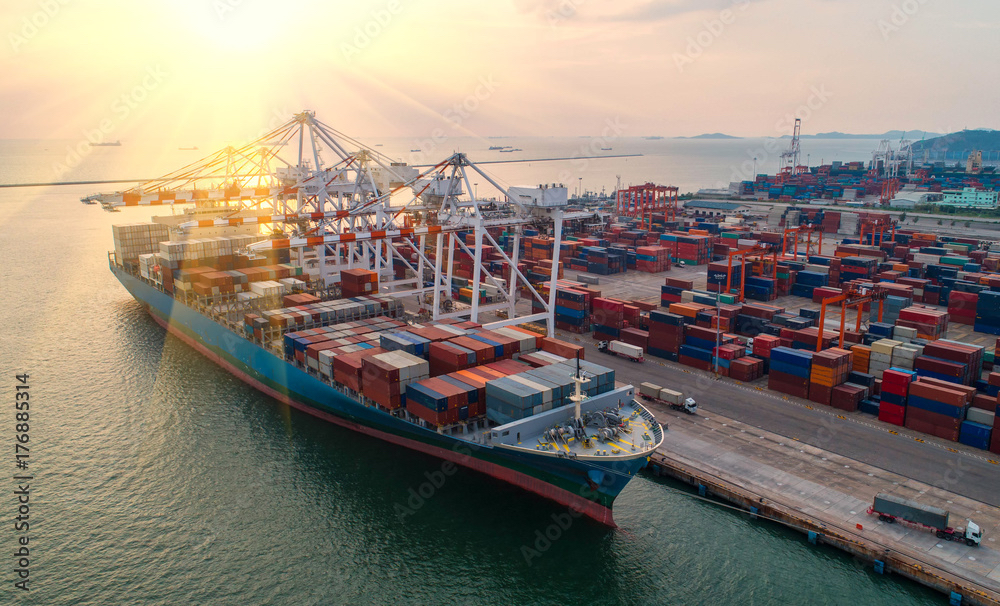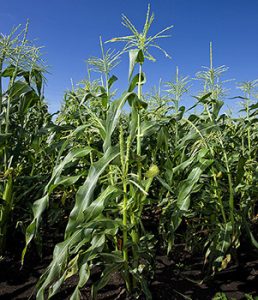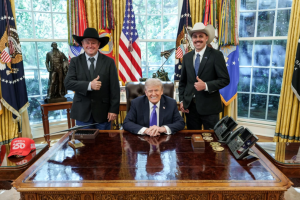Farm groups praise agreements with Southeast Asian countries

After Trade Representative Jamieson Greer on Sunday said President Trump had secured agreements on reciprocal trade with Malaysia and Cambodia and frameworks on reciprocal trade with Thailand and Vietnam, dairy, ethanol, soybean and meat groups praised them.
“President Trump continues to secure historic trade deals to lower tariffs on U.S. exports and eliminate trade barriers, strengthening America’s economic and national security interests,” said Greer.
“These landmark deals demonstrate that America can maintain tariffs to shrink the goods trade deficit while opening new markets for American farmers, ranchers, workers and manufacturers. I thank my counterparts from Malaysia, Cambodia, Thailand, and Vietnam for their collaboration and commitment in achieving a more balanced trade relationship with the United States.”
The International Dairy Foods Association said, “The agreements and frameworks announced today promise to reduce tariffs on U.S. dairy products, streamline dairy facility registration, clarify halal laws, protect common cheese names, and remove import licensing requirements.”
IDFA noted, “Vietnam, Cambodia, Thailand, and Malaysia are top 10 markets for U.S. dairy exporters in Southeast Asia and encompass approximately 4% of U.S. dairy exports globally. Vietnam and Malaysia, the top 3 and 4 markets in the region and 12th and 14th markets globally, imported nearly $245 million in high-quality, wholesome U.S. dairy products in 2024.”
“Today’s announcement promises to deliver improved access for U.S. dairy in critical and growing Southeast Asian markets and will support the U.S. dairy industry’s efforts to strategically diversify exports away from an over-reliance on China,” IDFA President and CEO Michael Dykes said in a news release.
The Consortium for Common Food Names praised agreements with Malaysia and Cambodia that it said contain top of the line protections for common food names and the framework agreements with Thailand Vietnam that it said mention finalizing commitments on geographical indications.
“For far too long, producers relying on common names to market their products have faced protectionist attacks driven by the European Union to harm fair competition,” said Jaime Castaneda, executive director of CCFN.
“These new agreements with Malaysia and Cambodia finally fight fire with fire by directly protecting at-risk common names and establishing detailed due process safeguards for common names as countries consider geographical indication applications.
“CCFN applauds the Trump administration for its excellent work in delivering these vital reforms so needed by U.S. producers to ensure they have a level playing field internationally. We look forward to closely collaborating with the U.S. negotiating team as they now work to turn the trade frameworks with Vietnam and Thailand into similarly successful results.”
CCFN is concerned with the marketing use of what it considers common food names such as parmesan cheese being restricted to the place where the food originated.
Growth Energy CEO Emily Skor said, “American farmers and rural communities want and need new markets — like the ones that will be created and enhanced by these new trade agreements.”
“Global demand for ethanol is growing and the Trump administration continues to find ways to create new opportunities for this industry while positioning American producers to make the most of them. These new deals will be welcome news across the heartland, and we commend USTR for its commitment to building American energy dominance through the strength of our trade relationships.”
The American Soybean Association also praised the deals with the Southeast Asian nations.
ASA said in a news release, “As part of these announcements, the White House has noted multiple provisions favorable to U.S. soybean exports, including:
“The elimination or reduction of tariff barriers for U.S. agricultural products into all four countries;
“A commitment from Thailand to purchase U.S. soybean meal, among other U.S. feed commodities, on a per annum basis totaling $2.6 billion;
“The elimination or reduction of major non-tariff barriers in each country, including favorable language on biotechnology regulations, sanitary and phytosanitary provisions (SPS), and other non-tariff barriers.”
ASA President Caleb Ragland said, “We appreciate President Trump’s recognition of the promise markets in Southeast Asia hold for U.S. soybean exports, and we applaud the work of the administration to increase market access in that region.”
U.S. Meat Export Federation President and CEO Dan Halstrom said, “USMEF greatly appreciates USTR’s tireless efforts to address both tariff and non-tariff barriers that have kept the U.S. as a minor supplier of red meat to the ASEAN region.”
“With the U.S. beef industry currently lacking access to China, improved access to Southeast Asia is desperately needed to provide competing bids for beef cuts that are popular in Asia, but not demanded by American consumers. Exports of short plate, chuck short rib, rib fingers, omasum and other such items are critical to maximizing the value of every animal and stimulating the U.S. herd rebuild.
“For U.S. pork, exports have been the driver of industry growth, also enabling American consumers access to the bacon and ribs they love, while maximizing whole animal value through exports of feet, stomachs, picnics, brisket bones and bone-in hams. The ASEAN region is more critical than ever as an alternative market to China, especially for pork variety meats. U.S. beef and pork hold only minor import shares in Thailand, Vietnam, Malaysia and Cambodia due to the combination of tariff and non-tariff barriers,” Halstrom said.
“The growth potential is significant when these barriers are addressed through President Trump’s agreements.”







